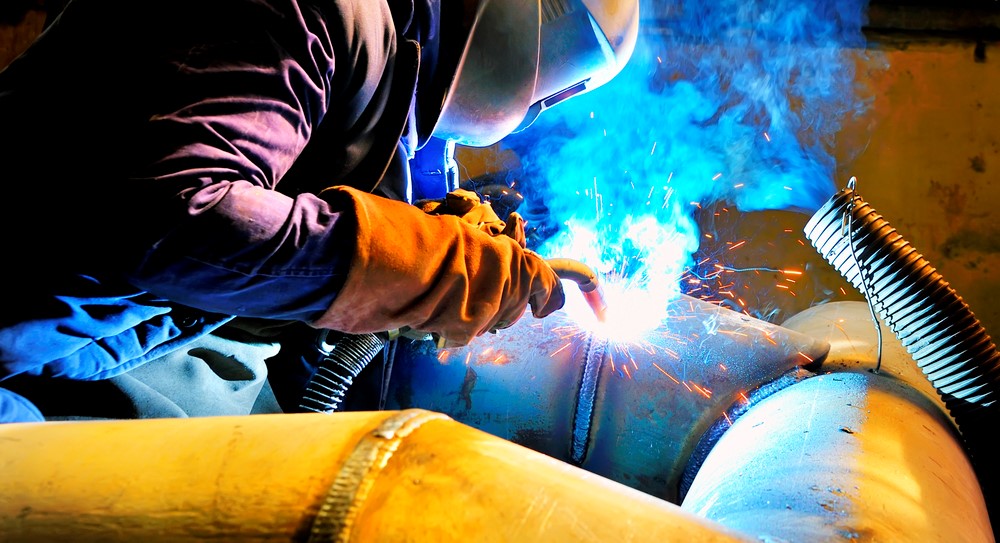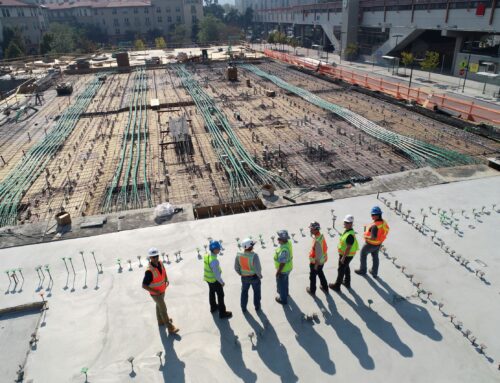
When college isn’t an option, and you’re discussing trade school, why not consider welding?
What Do Welders Do?
Welders fuse pieces of metal using powerful, heat-generating tools. Metal must also be polished, smoothed, and maintained. It can be precise, detailed work or part of a framework for massive structures and everything in between. You might find yourself implementing shop mechanics, reading blueprints, and working with basic chemistry, physics, and metallurgy from day-to-day.
Common industries include:
- Construction
- Industrial Maintenance & Repair
- Shipbuilding
- Automobile Manufacturing & Repair
- Aerospace Applications
- Railroad Manufacturing
- Electrical Power Generation, Transmission & Distribution
- Natural Gas Distribution
- Pipeline Transportation
- Pulp, Paper, and Paperboard Mills
Skill Sets
The skill sets required in welding are diverse, including:
- Deciphering blueprints and calculating costs
- Closely monitoring heat levels, so the metal doesn’t overheat
- Spatial orientation
- Manual dexterity
- Attention to detail
- Communication skills
- Excellent vision
- Problem-solving skills
- Commitment to safety
Educational Requirements
- The educational requirements to become a welder are minimal. There are multiple paths to achieving your goal. It begins with a high school diploma or GED, followed by a basic welding certificate. Most companies accept candidates with certification from the American Welding Society. You can grow your certification portfolio as you mature in your career. Most certifications take 6-18 months to complete, offering you more experience and paving the way for higher pay.
- Apprenticeships are also a fantastic way to move into welding. An apprenticeship lasts 1-3 years and allows you to “earn while you learn.” It also allows you to work towards a certification in the meantime.
- If desired, you could also earn an Associate of Science degree in welding engineering technology. This two-year degree teaches you more about specialized welding industries within other industries/careers, such as the military and nuclear power.
Pay Level
As with many other high-demand trade skills, welding can be a high-paying role in the labor force. The national average hourly rate (for welding in general) is $17.90/hour. However, this varies from state to state. In Alaska, the average hourly rate is $31.00. In Indiana, it’s $14.35. In Connecticut, it’s $18.54.
But also like any other type of industry, experience plays a heavy hand in salary. You won’t make that average $17.90 as a single certificate, high school graduate, just starting. It takes some years on the job to earn an experienced welder’s salary of $35+an hour.
Plus, there’s different types of welding jobs and roles — something else that affects salary. For example, a welder helper may only make $13-14/hour, while a pipe welder might demand nearly $25/hour.
Welding is a terrific career opportunity. Connecting with the team at Gillmann Services is your first step. Contact us today.






